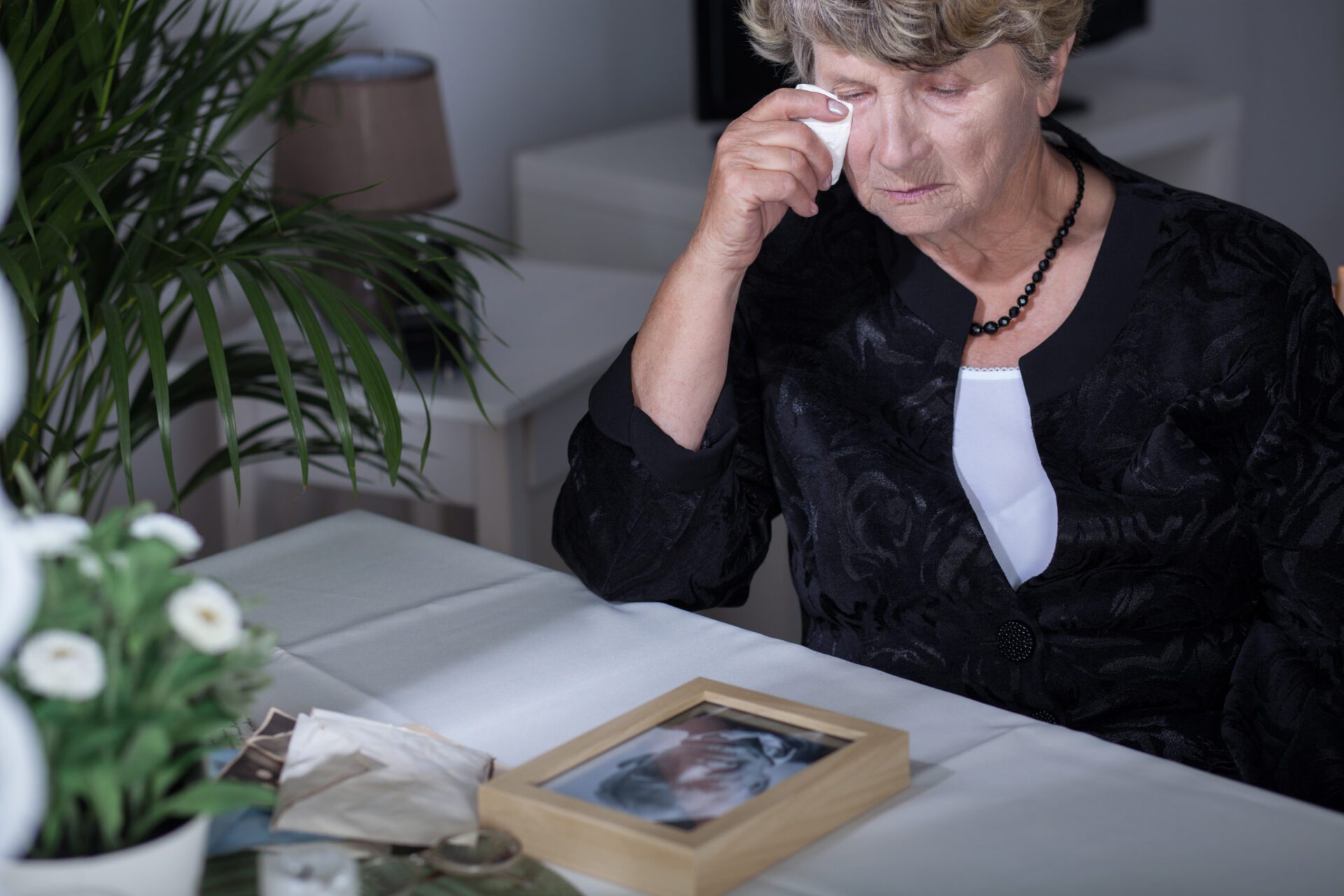
The loss of a spouse is one of life’s most profound challenges. The person you shared your life with, relied on, and loved deeply is suddenly gone, leaving a void that can feel impossible to fill. Grief is a natural response to such a significant loss, but it can be overwhelming and isolating. However, with time, support, and the right coping strategies, it’s possible to find healing and rebuild your life.
Understanding the Grieving Process
Grief is a deeply personal experience that varies from person to person. There is no right or wrong way to grieve, and the process often unfolds in stages, including denial, anger, bargaining, depression, and acceptance. You may experience these stages in a different order or find yourself revisiting them multiple times. It’s important to recognize that grief is not linear, and healing takes time.
Allow yourself to feel your emotions without judgment. Whether you’re feeling sadness, anger, guilt, or even relief, these emotions are a natural part of the grieving process. Suppressing your feelings can prolong your grief and make it harder to heal.
Lean on Your Support System
Isolation can intensify feelings of grief, so stay connected with family, friends, and community members who can offer comfort and companionship. Don’t hesitate to share your feelings with those you trust; talking about your loss can be a powerful way to process your emotions. Support groups specifically for those who have lost a spouse can also be incredibly helpful.
Take Care of Your Physical Health
Grief can affect physical health, leading to fatigue, sleep disturbances, changes in appetite, and weakened immune function. Try to maintain a regular sleep schedule, eat nutritious meals, and incorporate physical activity into your routine. Even gentle exercise like walking or yoga can boost your mood and help you feel more grounded. If you’re struggling with your physical health, consider seeking support from a healthcare provider who can offer guidance and resources.
Find Meaning and Purpose
After the loss of a spouse, it can be difficult to find meaning in life. Many people find that activities honoring their loved one’s memory can provide a sense of purpose and help heal. This might include volunteering, creating a memorial, or participating in causes that were important to your spouse. Exploring new hobbies or interests can also be helpful. Remember that it’s okay to experience happiness and pleasure, even as you grieve.
Seek Professional Help if Needed
For some, the grief of losing a spouse can be particularly intense and may not subside with time. If you’re struggling with prolonged depression, anxiety, or feelings of hopelessness, it may be helpful to seek support from a mental health professional. Therapy can provide a safe space to explore your emotions, develop coping strategies, and healthily work through your grief.
At The Oberon House in Arvada, CO, we understand the unique challenges that come with aging and loss. If you or a loved one is seeking a supportive community during this time, contact us to learn how we can help provide comfort and companionship in a caring environment.
